The FDA expresses early confidence in Altoida's investigational tech gadget, designed to predict whether someone will develop Alzheimer’s in the next year. Studies so far show it is 94 percent accurate.
While drug developers are heads down in the lab working to find medical treatments to slow the progression of Alzheimer’s, one tech company is focused on leveraging AI and AR to help predict it before it sets in. The new software, tech company Altoida said, can predict which cases of mild cognitive impairment — a precursor to Alzheimer’s — will escalate and evolve into the disease within a year. The Food and Drug Administration was so heartened by early study data, the agency has pinned its breakthrough designation to the software, prioritizing its review process.
Altoida’s digital device is designed to measure and monitor neurocognitive function in people aged 55 and up with mild cognitive decline through the collection of “personalized brain data” from a 10-minute evaluation of immersive augmented reality and motor activities, administered via a smartphone or tablet. The device then leverages artificial intelligence to assess that brain data and predict if an individual will or will not develop Alzheimer’s within the coming year. The tech draws on two decades of dementia research, the company said in a recent press release.
The FDA’s breakthrough designation is awarded to projects that the agency believes will help — meant to hasten the journey to market for products that can connect people with effective treatment or diagnosis sooner. Now, the FDA is evaluating Altoida’s digital device to determine whether it can be effective in predicting disease progression, thereby helping flag certain patients for earlier treatment or clinical trial participation, giving the device priority review in product development, trial protocols and ultimately commercialization decisions.
Altoida was an apt candidate for the designation following several recent studies that have found the technology to achieve 94 percent prognostic accuracy, and 82 percent specificity in predicting dementia progression. As Fierce Biotech notes, these numbers indicate it is more than two-and-a-half times more sensitive than standard Alzheimer’s tests.
Travis Bond, CEO of Altoida, believed that a “completely digital solution for predictive Alzheimer’s disease diagnosis” will help meet a swath of urgent needs: more accurate, non-invasive, and cost-effective diagnosis of an increasingly prevalent disease.
“This significant milestone enables Altoida to pioneer a new generation of precision neurology devices which leverage artificial intelligence for prediction of neurodegenerative disorders before onset, rather than rely on analysis of symptoms after onset,” Bond said in a statement. After Alzheimer’s, the company hopes to continue developing technology that can bring these benefits to the diagnostic process of other neurodegenerative diseases.
Ioannis Tarnanas, chief scientific officer of Altoida, envisioned the device’s benefits going beyond individuals to enable predictive diagnosis of neurodegenerative disorders at a population level, helping to prevent and intervene in early stages “to delay onset and improve clinical outcomes.”
If approved, the device will be an industry first, but Altoida is by no means alone in the quest. Tech startup Linus Health, along with enterprises IBM and Pfizer, are working to develop similar tech that would help identify Alzheimer’s before symptoms appear.

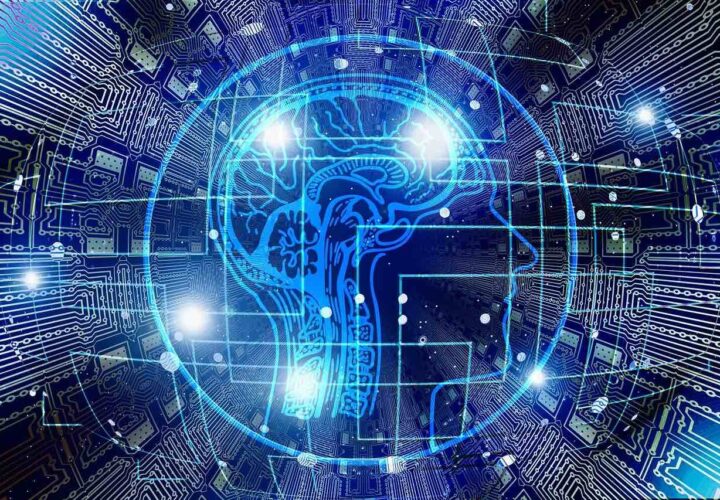
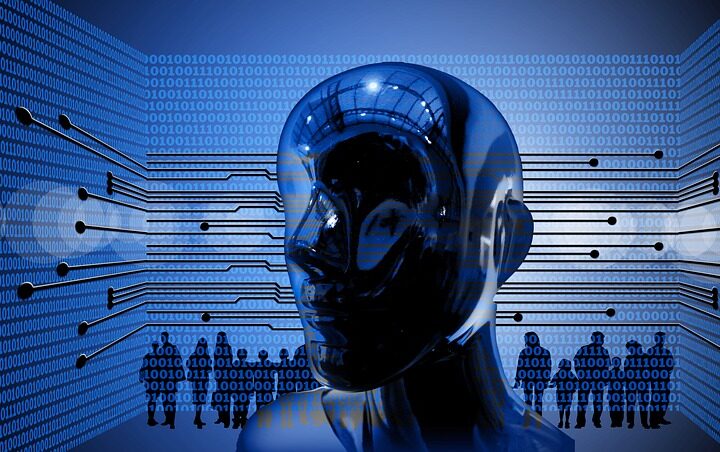
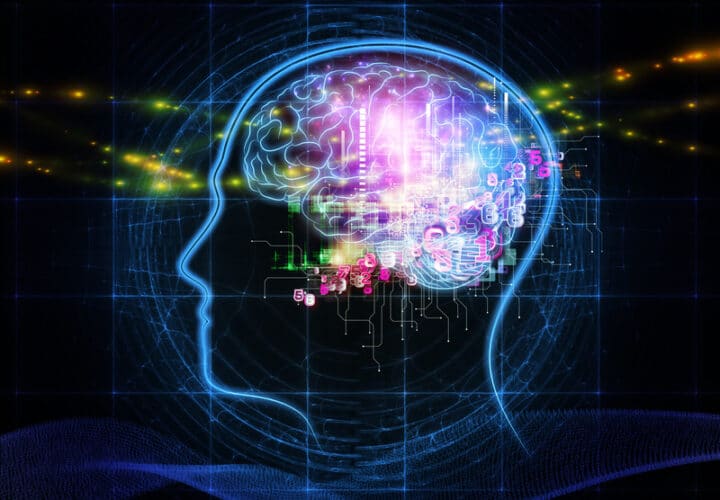
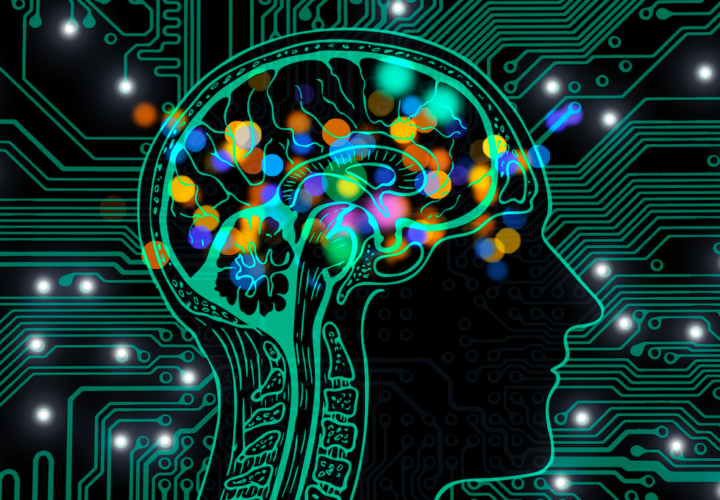
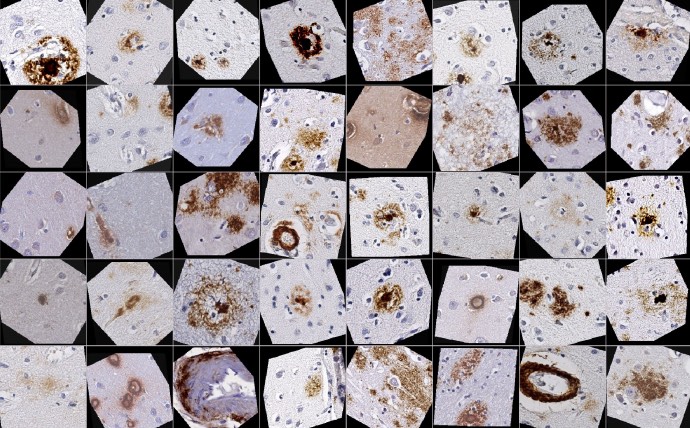
Can someone like my husband who probably has age related dementia, unknown type, be considered for a research study? His father had Alzheimer’s and his grandfather was diagnosed with dementia.?
I’m interested in Altoida’s AI work. What is the name of the app and when/ how can we access it?
I downloaded the app and took the test. Now what? How do you interpret the results?